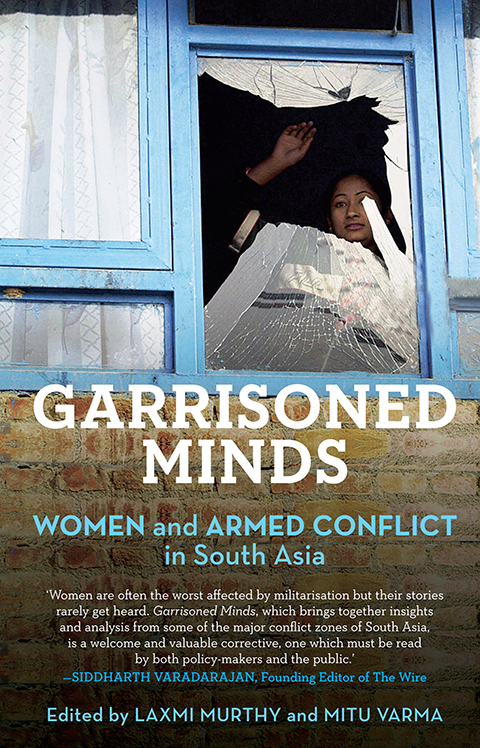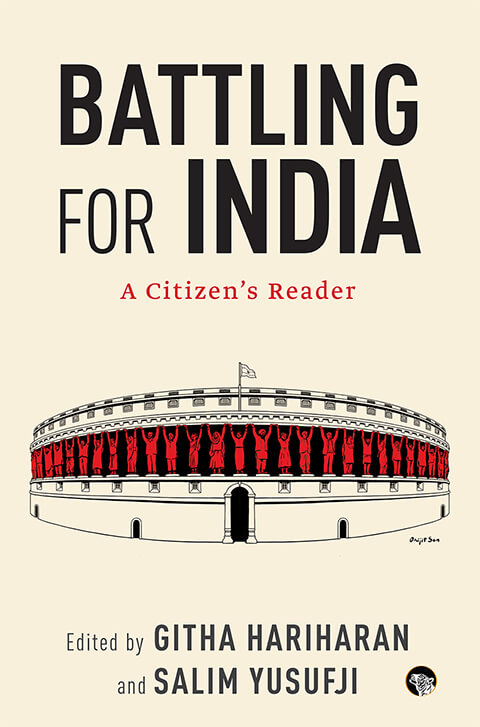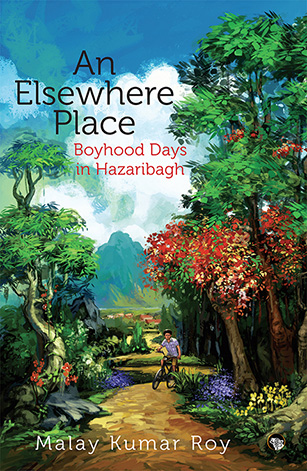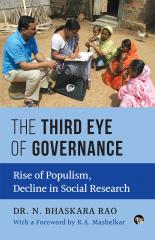‘[This] unusually informative, meticulously researched and highly readable book…will prove to be a useful source of reference on the Hajj for researchers and writers alike.’—Muslim News
‘This is an excellent book—it will be indispensable for anyone interested in the Hajj.’—Times Literary Supplement
‘The most wide-ranging and significant book on the colonial era Hajj to date.’—Journal of British Studies
The British Empire at its height governed more than half the world’s Muslims—some scholars have called it ‘the greatest Mohammedan power in the world’. It was crucial, therefore, for the Empire to present itself to Muslims as a friend and protector, and in this, few tasks were more important than engagement with the pilgrimage to Mecca.
Every year, tens of thousands of Muslims set out for Mecca from imperial territories throughout Asia, Africa and the Middle East. Men and women representing all economic classes and scores of ethnic and linguistic groups made extraordinary journeys across waterways, deserts, and savannahs, creating huge challenges for officials charged with the administration of these pilgrims. They had to balance the religious obligation to travel against the desire to control the pilgrims’ movements, and they became responsible for the care of those who ran out of money. John Slight traces the British Empire’s complex interactions with the Hajj from the 1860s, when an outbreak of cholera led Britain to engage reluctantly in medical regulation of pilgrims, to the Suez Crisis of 1956. The story draws on a varied cast of characters—Richard Burton, Thomas Cook, the Begums of Bhopal, Lawrence of Arabia, and frontline imperial officials, many of them Muslim—and gives voice,
throughout, to the pilgrims themselves.
The Hajj and Britain’s Muslim Empire is a crucial resource for understanding how this episode in imperial history was experienced by rulers and ruled alike.





